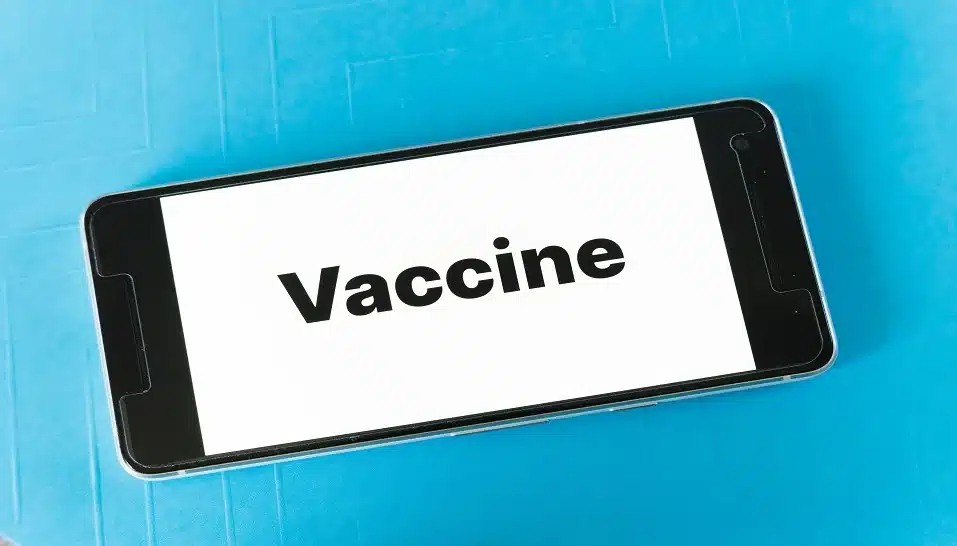Myths about the polio vaccine continue to reappear. This World Polio Day, we debunk the most common myths about the polio vaccine.
Poliomyelitis commonly known as Polio is caused by a virus. This virus is primarily spread through the faeces of infected people and there is no cure for polio but polio can be prevented by immunization. Children under the age of 5 years are most at risk of contracting the disease and should be immunised as per the guidelines. But rumours and misleading advices about polio never come to an end despite the fact that India is officially a polio-free country but it is compulsory that children below five years of age receive the vaccine as polio still exists in some countries. We delve into the World Health Organisation’s guidelines on vaccine administration and safety to debunk the common myths related to Oral Polio Vaccine (OPV).
#Myth: Vaccines should not be given multiple times
This claim is not true. A child should get four or more doses of the OPV in the first year of their life as repeat doses boost immunity against the virus. According to the World Health Organisation (WHO), “it is safe to administer 4 or more doses of OPV to children. The vaccine is designed to be administered multiple times to ensure full protection”. Each additional dose further strengthens a child’s immunity level against polio and there is no risk of overdose
#Myth: OPV has side effects
The internet is awash with theories that polio vaccines are unsafe and may lead to other complications. According to WHO, “over the last 20 years, this vaccine has saved 5 million people from permanent paralysis by polio”. Children are in far greater danger from the spread of polioviruses than from any adverse effects from the polio vaccine. UNICEF highlighted that the oral polio vaccine (OPV) is safe, effective and the WHO-recommended vaccine for polio eradication.
#Myth: OPV contains anti-fertility agents
The most common myth about polio is that OPV leads to impotence. There is no scientific evidence to prove this. WHO clearly highlights that OPV does not include any anti-fertility agents during the production process.


















Add Comment